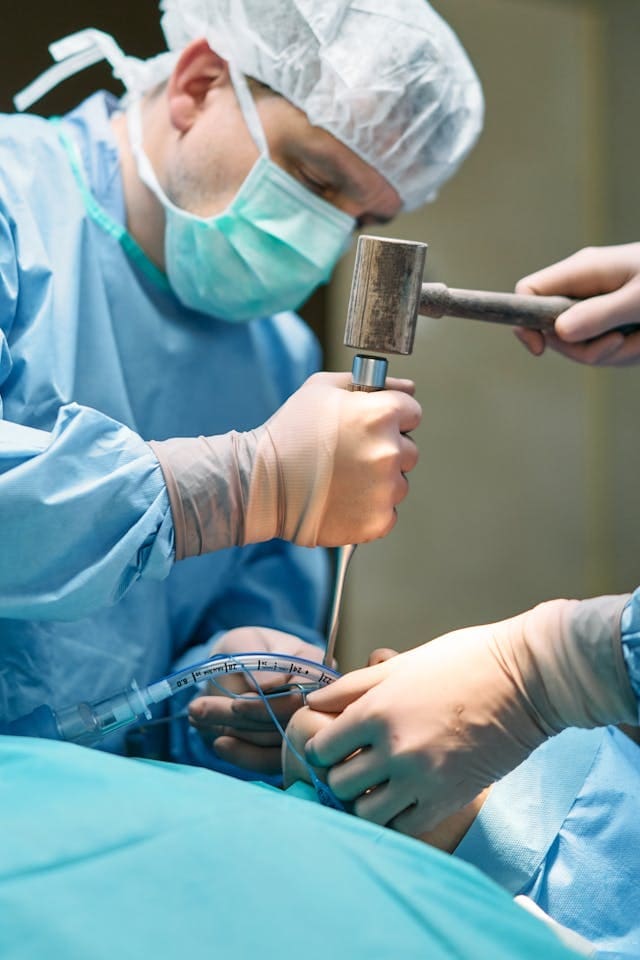DGûPC calls for legal regulation of aesthetic plastic treatments
The increasing demand for aesthetic plastic surgery and treatments in Germany is leading to growing problems in the industry. Unqualified providers, including young graduates without sufficient training and non-specialist doctors with self-awarded titles, are offering such procedures, often with serious consequences for patients. The German Society for Aesthetic Plastic Surgery (DGûPC) is therefore calling for a legal regulation, as already exists in Austria, France and Denmark, to strengthen patient protection and curb incorrect treatments.
The number of unsuccessful aesthetic treatments is increasing in Germany. Many patients consult specialists to have complications or unsatisfactory results corrected. According to a DGûPC survey in 2024, 4.6 percent of patients reported problems following treatments by other doctors, an increase from 3.5 percent in the previous year. Around a fifth of these cases relate to procedures abroad, while the majority are due to treatments by domestic beauty chains or non-specialist doctors. According to the DGûPC, the practice of doctors without specific qualifications, such as orthopaedists or ENT specialists, performing complex aesthetic procedures such as liposuction or breast augmentation is particularly problematic.
The DGûPC therefore demands that aesthetic operations and treatments may only be carried out by certain groups of specialists with comprehensive training and proven experience. Specialists in plastic, aesthetic and reconstructive surgery complete six years of training and are obliged to undergo continuous further training in order to retain their title. Currently, however, newly graduated doctors or non-specialist medical professionals without specific qualifications can offer such procedures, often advertised via social media such as TikTok. This leads to an increased risk for patients as the necessary expertise is lacking.

According to the DGûPC, a key problem is the lack of legal regulation in Germany. In Austria, for example, only specialists in plastic and aesthetic surgery have been allowed to perform all aesthetic operations since 2013, while other specialist groups such as dermatologists or ENT specialists are only allowed to work in their specific areas. A similar model is being sought by the DGûPC for Germany in order to set clear standards and ensure the quality of treatments. Without such guidelines, the industry remains vulnerable to unqualified providers who endanger patients with the promise of quick profits.
In addition to the lack of legal requirements, patients’ ignorance also contributes to the problems. According to the DGûPC statistics 2024, 48.6 percent of under 30-year-olds and 40.3 percent of the overall population are not informed about the difference between qualified specialists and self-proclaimed “beauty docs” or other fantasy titles. This leads to patients choosing unqualified providers without knowing the risks. To counteract this lack of information, the DGûPC provides free checklists and guides on its website to help patients choose qualified doctors.
The DGûPC emphasizes the urgency of a legal regulation to ensure patient protection and raise standards in aesthetic plastic surgery. Until such a regulation is implemented, educating the public remains a key approach to reducing incorrect treatments and strengthening trust in the industry.
Here you will find further information on the topic and the DGûPC checklist for patients on the topics of doctor qualifications and doctor designations for free download.
The articles in the news section are produced by X-Press journalist office
Gender note. The personal designations used in this text always refer equally to female, male and diverse persons. Double/triple references and gendered designations are avoided in favor of better readability. t




